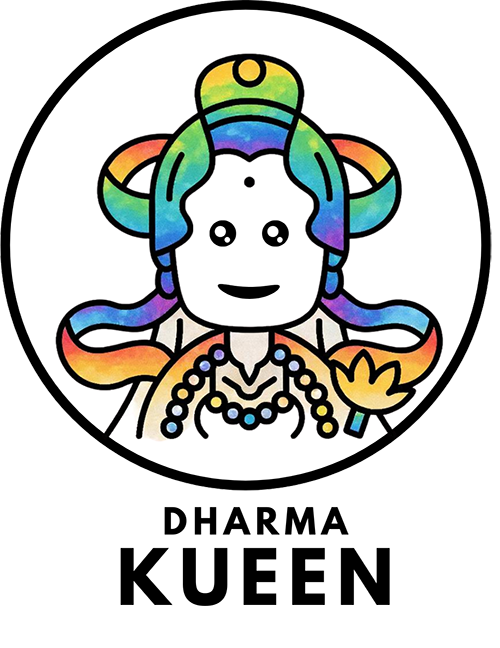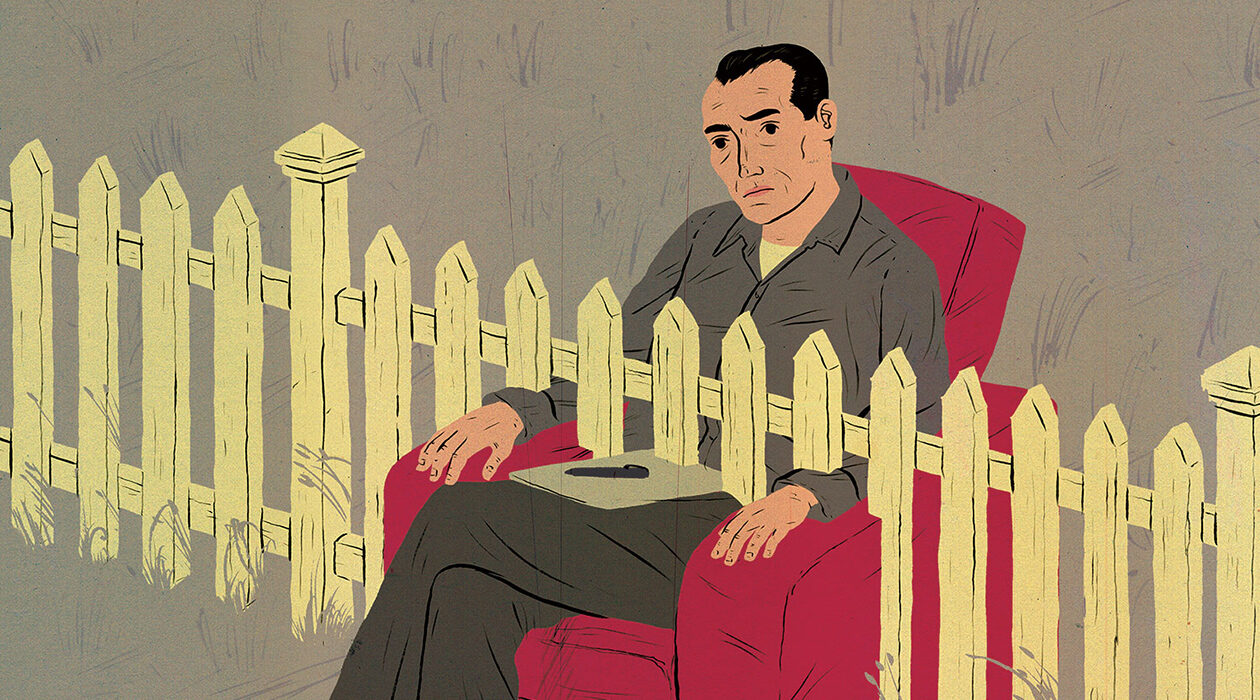
Skepticism was my compass, curiosity my anchor.
And then cancer arrived, uninvited. Overnight, the question shifted from “what’s my livelihood?” to “how do I survive?” I spent a year in a bubble, masking not for COVID but for chemo, hiding from crowds to protect my frail immune system.
Writing in the Shadow of Cancer
Somewhere in that suspended year, I started writing. At first, it wasn’t for the world — it was for my family, to spare them worry when I didn’t have the strength to speak.
But slowly, the blog became something else. A lifeline. A mirror. A way of weaving Dharma into the mess of IV drips, fatigue, and fear.
Twelve years later, with remission as both a gift and a ghost, those entries read like small inheritance notes I wrote to myself. Writing became my unexpected teacher.
When Stories Ripple
I never thought anyone would care about my posts. Yet, strangers wrote back. Some had cancer, many didn’t — but all found something in my Dharma reflections that resonated. That’s when I realized: the Dharma doesn’t only live in temples or sutras. It shows up in the raw places — in grief, in fear, in daily heartbreak. It teaches us how to keep going.
If only young people could learn Dharma not as dogma, but as a syllabus for being human. A way to meet life’s curveballs without losing themselves.
Loss Upon Loss
But the curveballs didn’t stop at cancer. Within a year of treatment, I lost a close friend, my father, and later, my chum’s father — to the very same cancer I had. Grief, heavy as stone, pulled me under. I escaped to a small hut in Koh Phangan to heal, and once again, writing found me.
My book Monk Key was born there. It began as gratitude — to those who stood by me during illness — but it unfolded into something larger: a map through grief.
Truth Be Told
Radiation left me with “Aspiration,” a condition where food slips into the lungs instead of the stomach. Eating became a gamble. Life, once ordinary, was suddenly fragile in new ways.
So I wrote again — this time Between My Throat and These Truths. Every paragraph began with: Truth be told. Each line a confession, an offering. Writing became a ritual: a way of naming suffering without letting it swallow me whole.
Writing as Dharma
I don’t write for fame. I don’t write for the spotlight. Writing, to me, is like sitting on the cushion — it’s practice. A way of saying: Here I am. This is what it feels like. Maybe you’ll see yourself in it too.
And yes, doubts still visit. My grammar wobbles. I didn’t train as a writer. But Dharma whispers back: you don’t need credentials to tell the truth. You don’t need perfection to connect.
A Queer Buddhist Writer?
Here in Chiang Mai, with my latest book The Buddha and the Bat complete, I catch myself wondering: is this who I am now? A queer Buddhist writer? The phrase feels both terrifying and tender.
But maybe that’s the point. We don’t arrive on the red carpet.. We arrive stumbling, doubting, softening. The Dharma doesn’t ask us to be flawless — only honest.
So here’s my truth: I am a designer and a writer. A seeker and a storyteller. I carry both doubt and devotion. And that is enough.
It’s never too late. Never too old. Never the wrong time to open the page of a self you didn’t know was waiting.




